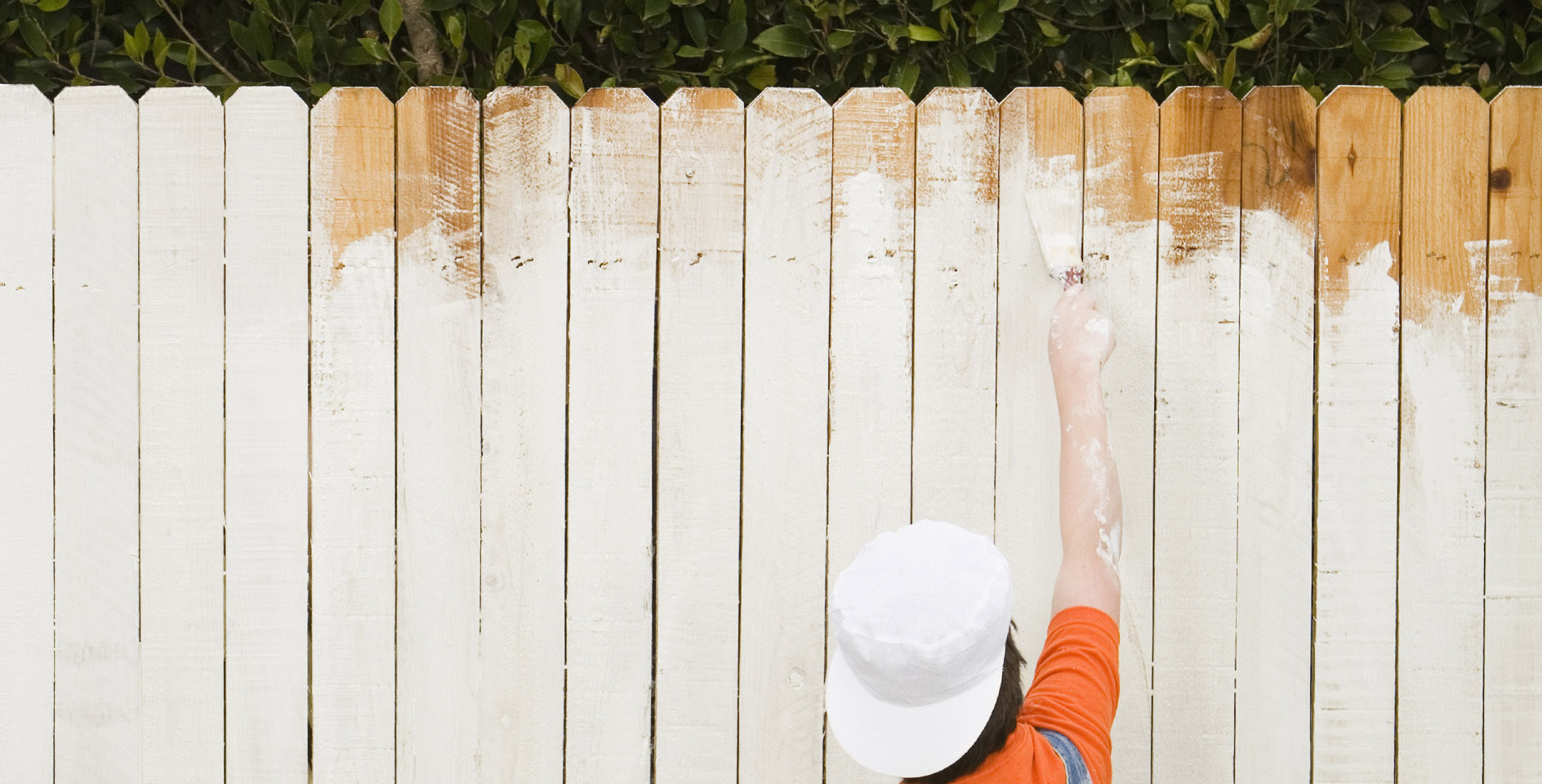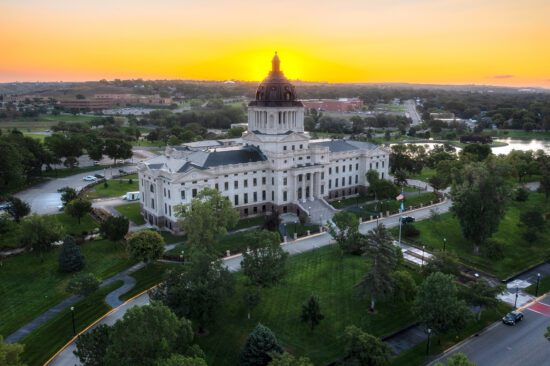I sit with a friend over breakfast, our table squeezed in among other pairs of diners. We reach across to one another and hold hands for a brief moment. She has tears in her eyes and I have tears in mine, both of us tired and both of us broken over the state of things. She tells me her heaviness and I tell her mine, and I realize we’re asking the same question of one another: Does the work we’re doing matter at all?
In our own ways, we’re each seeking redemption and reconciliation, for ourselves and for others. In trying so fervently to dispense hope and then discovering our impotency to right all wrongs, we’ve lost the very thing we’ve tried to give. We ourselves are empty and vulnerable. We feel invisible and wonder why we should care anymore. Why should we care for the disenfranchised? Why should we continue to shoulder responsibility? Why should we go on loving those who have wounded us so deeply? Why produce and cultivate when we could sit back and merely consume?
I’m reminded that creative work done in imitation of God is always focused on redemption, for this is his pattern. It’s also fraught with difficulty. When we step out in front of the crowd, willing to lead and communicate and counsel and carry burdens, sometimes we stand alone and, many times, our work will be done through tears.
Creative work done in imitation of God is always focused on redemption, for this is his pattern.
Solomon, in his brief treatise on beauty and time, says there is nothing better than to use what we’ve been given to do good in this life (Eccl. 3:12). How, I wonder, is it better to sacrifice for the thankless than to seek my own good?
Because the most beautiful beauty in this life is redemption, and redemption only comes through sacrifice. Jesus sacrificed so our redemptive story could be written; if we are to create beauty in this life, it will involve imitating the Savior’s sacrifice.
We must be in the mix, embracing the hard work. In the paradox kingdom, the greatest is a servant and the one who chooses to be last will one day exalted to first. Although these are valued roles in the kingdom, they are thankless, invisible roles in the world. Who cares for the servant? Who supports the last in line? Who remembers the one at the bottom?
Those who do good creatively, who seek redemption persistently, find solace and help in the arms of the Suffering Servant. Our God is a God who sees the invisible and remembers what they have done in his name. This is why it’s better to sacrifice than to self-indulge—it draws us close into the heart of our Savior.
His heart helps me continue on when I wonder where he’s writing redemption, for when I’m embraced by him, I can also wait on him. Secure in him, I can then acknowledge there are things he left inconsolable and faithfully work, knowing that change or healing or beauty may not come quickly. We may need to walk alongside a friend for many seasons, bearing with them and they with us, until beautiful fruit is borne. In order to do this, we must be willing to engage doubts, temporary setbacks, questions, tears, and all of our own struggles to believe and endure that spring up in the process.
Perhaps you’re waiting for something to be made beautiful. What can you do in the meantime? Give yourself to creative good. Give your life to love and serve in the ways you’ve been gifted. Draw your own perspective back to the small beauties of everyday life. Engage with others at the redemption level of life. Love others enough that you’d seek beauty for them as well as yourself.
One of my favorite aspects of how God designed the church is that we each have different ways of seeking redemption for others. We get to be creative according to where God has placed us and what story he’s given us and what gifts and skills he’s implanted in us. We don’t all have to do good in the same ways. In fact, we mustn’t, because we need every stitch in the whole pattern in order to draw the eye to the whole Christ.
I’ve recently recognized God calling me to lay down roles and take up influence, to be creative in doing good. How can I creatively use my influence, however small it is, in my community? The answer: to work toward change in the very things my friend and I were talking about over breakfast. Loving mercy, hating injustices, loving people, hating what keeps us from community with one another.
God has given us work to do. He has placed us in homes, in families, in neighborhoods and workplaces. How are you cultivating beauty? Craft your sermon with diligence. Receive your customers with joy. Proctor your class with excellence. Teach your children with love. Order your home with care. Embrace your suffering with patience.
Our creative work is a love offering.
And we need all creators creating.
This post is from Christine’s book, Searching For Spring: How God Makes All Things Beautiful in Time.










